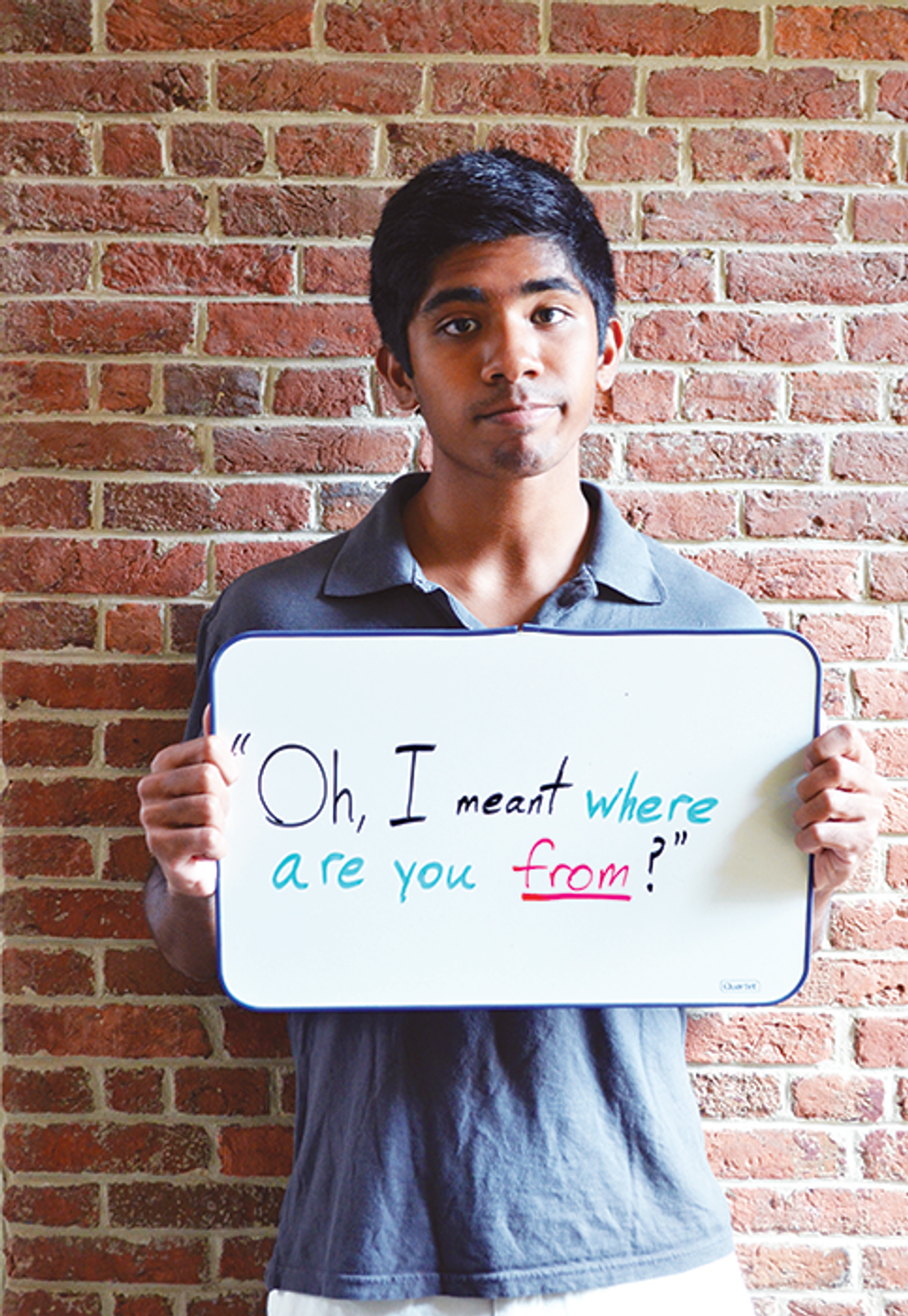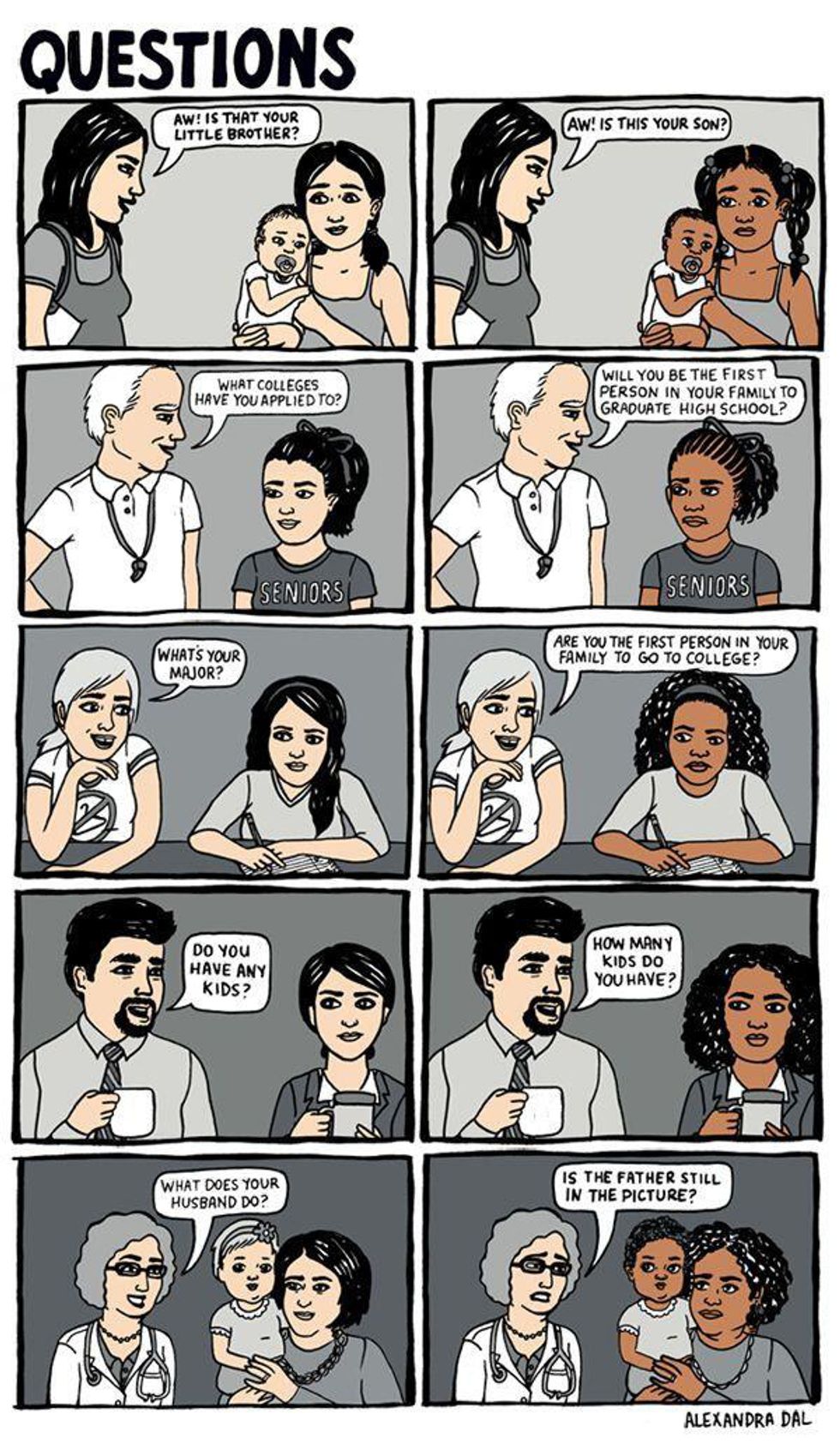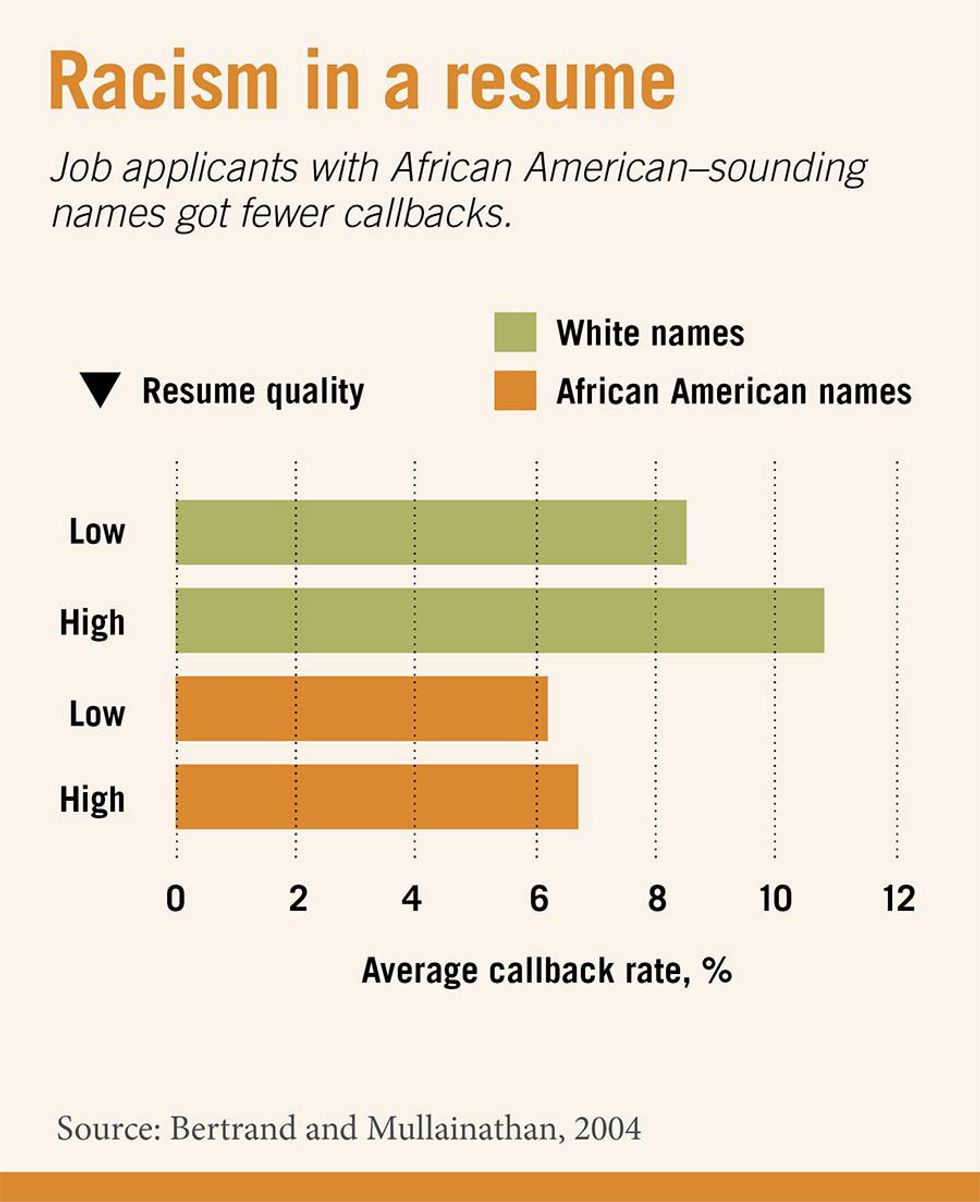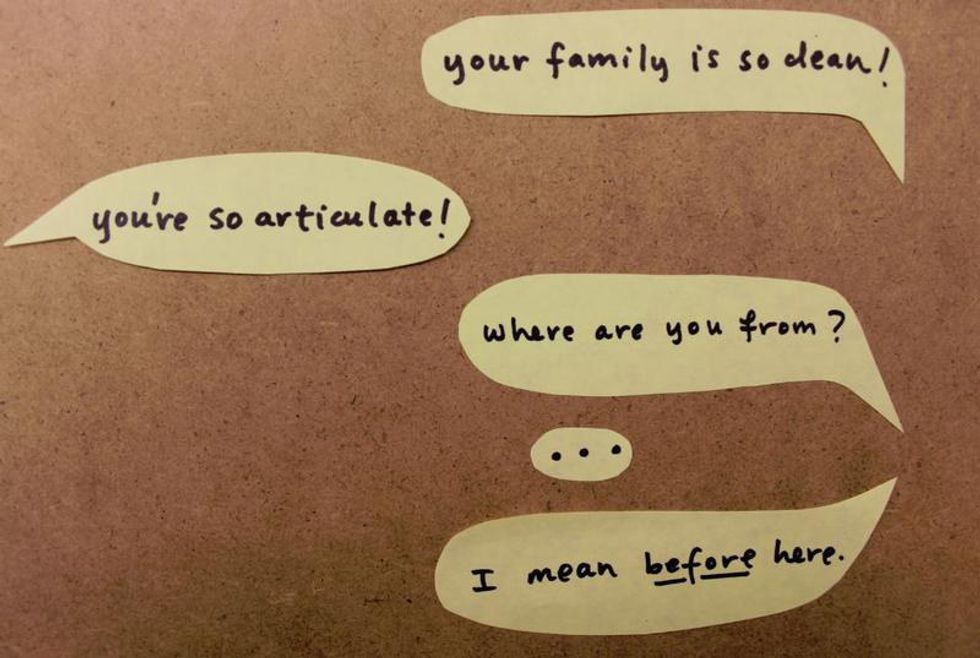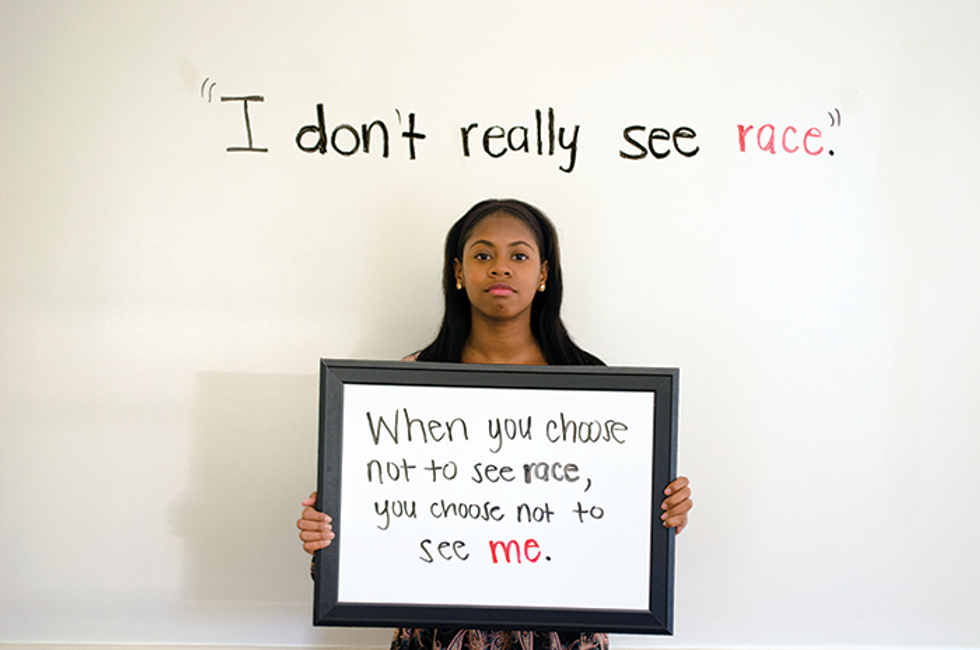Whether or not you care to admit it, you probably participate in acts of covert/subtle racism pretty regularly.
I'm not accusing all humans of being racist. I'm accusing all humans of operating in a system that benefits from centuries of racial disparity.
It's a distressing thought (to say the very least) that racism pervades our culture and day-to-day interactions. This can even occur when the behavior is enacted with the best of intentions.
We all know what overt racism looks like, and hopefully, we are all willing to stand against that. Unfortunately, only tackling racism in its overt form is analogous to only taking antibiotics until you feel better.
In the case of the uncompleted medication regimen to treat bacterial infections, only taking the medication until symptoms disappear does not actually cure the disease. Rather, this only kills the weakest bacteria, leaving the antibiotic-resistant and strong bacteria to thrive.
Only recognizing the covert forms of racism fails to tackle the actions that continue to persist in, what may seem like, lighthearted interactions. Failing to tackling the subtle forms of racism further encourages racial disparity to exist casually.
So, here's a quick guide on how to further question how race may show up in your daily social interactions:
1. Asking people where they're "really" from
Ask yourself: Is this information necessary for me to know? Will this help me to better understand their lived experience?
2. Telling someone they speak English well
Ask yourself: What makes you assume that they wouldn't know English? What makes this a useful compliment?
3. Assuming someone is uneducated because English isn't their first language
Ask yourself: What makes me feel that English is related to level of education or intellect? Can persons who do not speak English be just as intellectual?
4. Telling someone they "act white"
Ask yourself: What does it mean to "act white"? What makes me ascribe these attributes to white people?
5. Assuming a person of color grew up poor
Ask yourself: Where did I get this narrative from? Am I attaching a value to this experience?
6. Assuming a person only got into college or got a position because of affirmative action
Ask yourself: What is my definition of justice? What makes society need affirmative action? What is my definition of "hard working"?
7. Assuming that a person from a certain racial group may be better at a certain subject or activity
Ask yourself: Where am I getting this information from? What makes me ascribe these attributes to this group?
8. Saying: "You're (insert positive adjective) for a (insert specific racial group)"
Ask yourself: Why would this trait not be innate for this group? Is this racial group not normally representative of the positive adjective, why?
9. Saying: "I can't be racist, I have friends that are (insert specific racial group)"
Ask yourself: Am I saying this because I am valuing them, or defending myself?
10. Assuming that a person of color is a criminal/more dangerous than someone who is white
Ask yourself: Where did I get this message from? What stereotypes am I perpetuating?
11. Calling someone the "Token (insert specific racial group) friend"
Ask yourself: What do you feel this friend represents? Do they want to be considered the token?
12. Referring to someone as "My (insert specific racial group) friend"
Ask yourself: Would you feel comfortable introducing a white friend as "your white friend"?
13. Calling health and beauty products targeted toward white people "normal" or "nude"
Ask yourself: Why is this product labeled like this? Why is white considered the standard?
14. Refusing to talk about racism
Ask yourself: Does the discomfort of talking about racism compare to the discomfort of being a victim of racial discrimination? What about this conversation makes me uncomfortable?
15. Saying that you don't see race
Ask yourself: Really? How does race show up in my life? Why might someone need to think about race more frequently? What racial disparities exist in the current world?
For more information on how to assess, acknowledge, and disrupt micro-aggressions, check out these resources!




